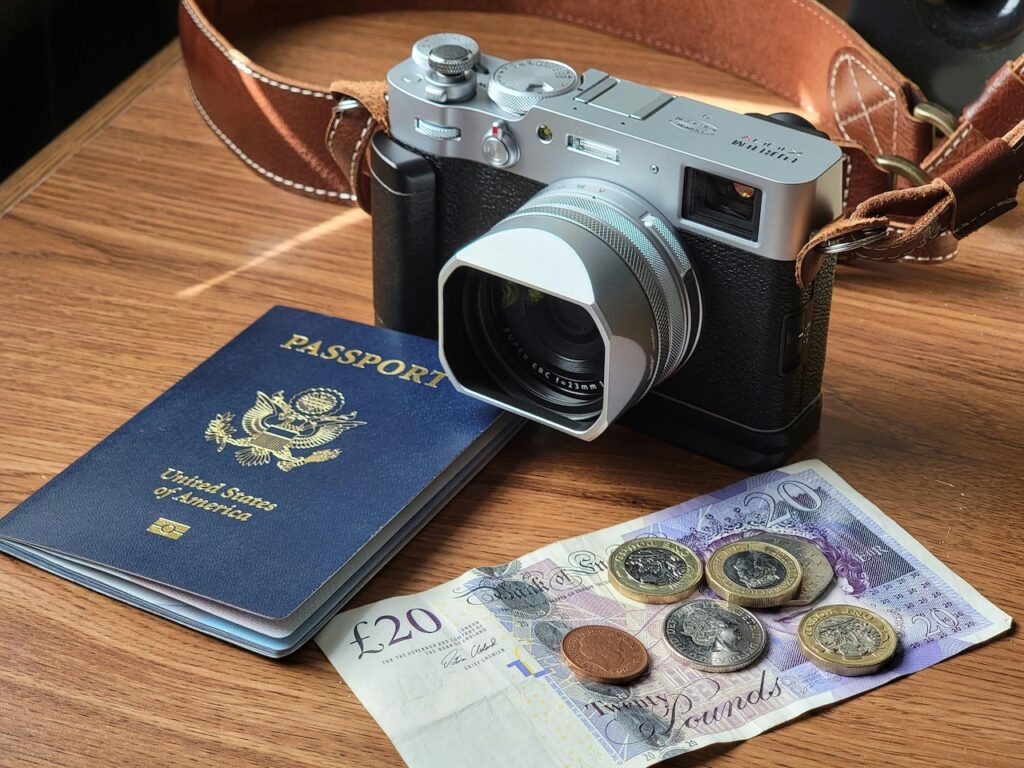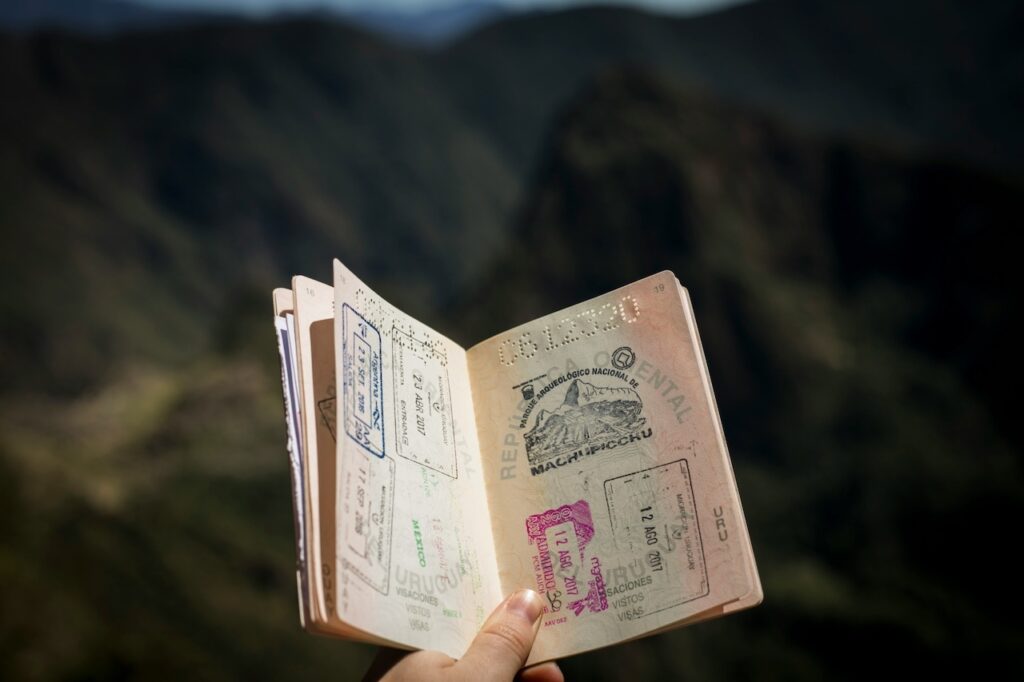A tourist visa denial is a disappointing experience for those planning to travel abroad as a tourist. If your tourist visa is denied, all your travel plans will go to waste. It’s even more devastating if you have already paid for your flight tickets, accommodations, and everything else you need for that trip.
Applying for a tourist visa is not really that complicated. Unfortunately, not all visa applications are approved. Here at Checklist Visa, we understand how frustrating it is to receive a tourist visa denial. We don’t want anyone to experience this, which is why we want to educate you on some of the most common reasons behind this and offer some tips on how to avoid this.
1. Insufficient Documentation
In most cases, a tourist visa denial is due to insufficiency in documentation. When you apply for a tourist visa, you will need to submit various documents verifying your identity, financial stability, and travel intentions. Missing documents, such as lack of proof of financial means could raise red flags with immigration authorities. Without these key documents, your application will be considered unreliable or insufficient, hence rejection follows.
To avoid getting your visa rejected, ensure that you gather and submit all required documents. This is crucial to improving your chances of approval. Double-check the paperwork and provide as much relevant information as possible to avoid this common visa mistake.
2. Previous Immigration Violations
A previous immigration offense can be the cause of a rejection of a tourist visa. If you have overstayed your visa or broken immigration rules which led to your deportation, you could be denied a visa application. Immigration authorities will assume that you could make the same violations if they let you in as a tourist.
It is for this reason that it’s never a good idea to overstay your visa. Always make sure you get out of the country before your visa expires. Also, avoid violating immigration laws, such as using the wrong visa while working in a foreign country.
If you have received a tourist visa denial due to a previous immigration offense, you may be able to appeal your case with the help of an immigration attorney. Refer to our tips on how to successfully appeal and reapply for a visa denial.
3. Lack of Ties to Home Country
If you don’t submit proof of strong ties to your home country, your tourist visa could be denied. That’s because immigration authorities will think that you might not return to your country once your tourist visa expires.
To avoid this, you should submit strong proof of connections to your home country, such as employment verification, family responsibilities, ongoing education, and ownership of property. For instance, to obtain a B-1/B-2 travel visa for the US, one way to prove strong ties is to submit documents that show you own a property or have significant financial assets in your home country. This shows you have good reasons to go home after your tour.
4. Inadequate Financial Means

Lack of sufficient funds is one of the most common reasons for a tourist visa denial. When applying for a tourist visa, you need to convince authorities that you have sufficient funds to finance your trip and will not be a burden to the country you are visiting.
To prove your financial means, you need to submit financial documents like recent bank statements that show you have money to pay for your trip to the country. You should have enough funds to pay for your accommodation, meals, etc. Besides a bank statement, you can submit proof of employment, pay slips, and proof of income to further boost your chances. Your documents should be current and reflect a stable income to increase your chances of approval.
5. Unclear Travel Intentions
Unclear travel intentions are one of the most common reasons for a tourist visa denial. You must be able to convince immigration authorities that your purpose for traveling is merely tourism and not work or migration.
To avoid this problem, provide clear and comprehensive information on your travel itineraries, from places you wish to visit, to flight details and planned activities. Clearly explain and convince them that your visit is only temporary. You can further support your application by including return flight tickets and proof of continued commitments in your home country.
6. Criminal Record
Having a criminal record can be grounds for a visa denial. For instance, the most common reason for US Visa Denials is current or past crime records, including drug or criminal activities. This is to ensure the safety and security of the country.
Be truthful about your criminal history when applying for a tourist visa. If your case was dismissed, provide relevant documents, such as court records. Immigration authorities might still approve your visa despite your criminal records, especially if you have been proven innocent.
It is a good idea to get in touch with the embassy to determine specific requirements you need to fulfill to make a compelling case on why you are not a risk as a tourist to the country you plan on visiting.
8. Previous Visa Denials

Previous visa rejections are another reason why a tourist visa could be denied because this could indicate underlying issues. You can avoid this by thoroughly explaining the reasons why your previous visa applications were rejected.
Provide more proof that can eliminate any doubts about your legitimacy as a tourist. For instance, you can present evidence of having financial means to pay for your trip or demonstrate a stronger connection to your home country. More importantly, ensure that every information you provide in your tourist visa application is factual and consistent.
7. Misrepresentation
Misrepresentation, such as providing false information or forged documents, is another reason behind a tourist visa denial. Immigration authorities take dishonesty seriously, and even minor inaccuracies can lead to the rejection of your visa and even future bans.
To avoid this, always provide truthful and accurate details in your application. Double-check your forms and supporting documents for consistency. If there are past issues or concerns, explain them honestly with supporting evidence.
Always remember that transparency is key to gaining the trust of immigration officials and increasing your chances of visa approval.
9. Health Issues
Some countries require tourist visa applicants to submit medical certifications that will prove they are in good health. If it was found that you have health issues, your visa could be denied, particularly if the authorities believe that you pose a health risk to the public or require extensive medical care.
Ensure you have a comprehensive medical examination and necessary vaccinations, as per the requirements of your country of destination. Submit a doctor’s note confirming that you are fit for travel. It would also help to include health insurance that covers you for potential medical expenses abroad. By being proactive about your health, you are demonstrating to authorities that you will not burden the healthcare systems of their country, thereby, increasing your chances of visa approval.





2 Comments
Comments are closed.